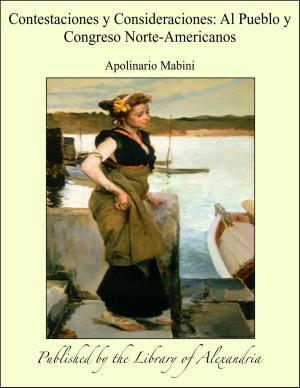A Short History of English Printing, 1476-1898
Nonfiction, Religion & Spirituality, New Age, History, Fiction & Literature| Author: | Henry R. Plomer | ISBN: | 9781465543844 |
| Publisher: | Library of Alexandria | Publication: | March 8, 2015 |
| Imprint: | Language: | English |
| Author: | Henry R. Plomer |
| ISBN: | 9781465543844 |
| Publisher: | Library of Alexandria |
| Publication: | March 8, 2015 |
| Imprint: | |
| Language: | English |
Then Mr. Plomer consented at my request to write a short history of English printing which should stop neither at the end of the fifteenth century, nor at the end of the sixteenth century, nor at 1640, but should come down, as best it could, to our own day, we were not without apprehensions that the task might prove one of some difficulty. How difficult it would be we had certainly no idea, or the book would never have been begun, and now that it is finished I would bespeak the reader's sympathies, on Mr. Plomer's behalf, that its inevitable shortcomings may be the more generously forgiven. If we look at what has already been written on the subject the difficulties will be more easily appreciated. In England, as in other countries, the period in the history of the press which is best known to us is, by the perversity of antiquaries, that which is furthest removed from our own time. Of all that can be learnt about Caxton the late Mr. William Blades set down in his monumental work nine-tenths, and the zeal of Henry Bradshaw, of Mr. Gordon Duff, and of Mr. E. J. L. Scott, has added nearly all that was lacking in this storehouse. Mr. Duff has extended his labours to the other English printers of the 15th century, giving in his Early English Printing (Kegan Paul, 1896) a conspectus, with facsimiles of their types, and in his privately printed Sandars Lectures presenting a detailed account of their work, based on the personal examination of every book or fragment from their presses which his unwearied diligence has been able to discover. Originality for this period being out of the question, Mr. Plomer's task was to select, under a constant sense of obligation, from the mass of details which have been brought together for this short period, and to preserve due proportion in their treatment.
Then Mr. Plomer consented at my request to write a short history of English printing which should stop neither at the end of the fifteenth century, nor at the end of the sixteenth century, nor at 1640, but should come down, as best it could, to our own day, we were not without apprehensions that the task might prove one of some difficulty. How difficult it would be we had certainly no idea, or the book would never have been begun, and now that it is finished I would bespeak the reader's sympathies, on Mr. Plomer's behalf, that its inevitable shortcomings may be the more generously forgiven. If we look at what has already been written on the subject the difficulties will be more easily appreciated. In England, as in other countries, the period in the history of the press which is best known to us is, by the perversity of antiquaries, that which is furthest removed from our own time. Of all that can be learnt about Caxton the late Mr. William Blades set down in his monumental work nine-tenths, and the zeal of Henry Bradshaw, of Mr. Gordon Duff, and of Mr. E. J. L. Scott, has added nearly all that was lacking in this storehouse. Mr. Duff has extended his labours to the other English printers of the 15th century, giving in his Early English Printing (Kegan Paul, 1896) a conspectus, with facsimiles of their types, and in his privately printed Sandars Lectures presenting a detailed account of their work, based on the personal examination of every book or fragment from their presses which his unwearied diligence has been able to discover. Originality for this period being out of the question, Mr. Plomer's task was to select, under a constant sense of obligation, from the mass of details which have been brought together for this short period, and to preserve due proportion in their treatment.















